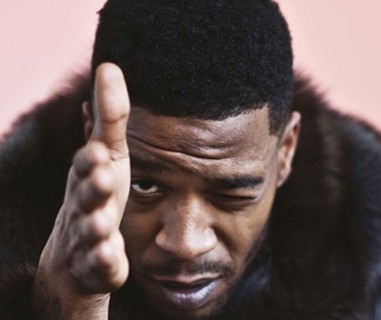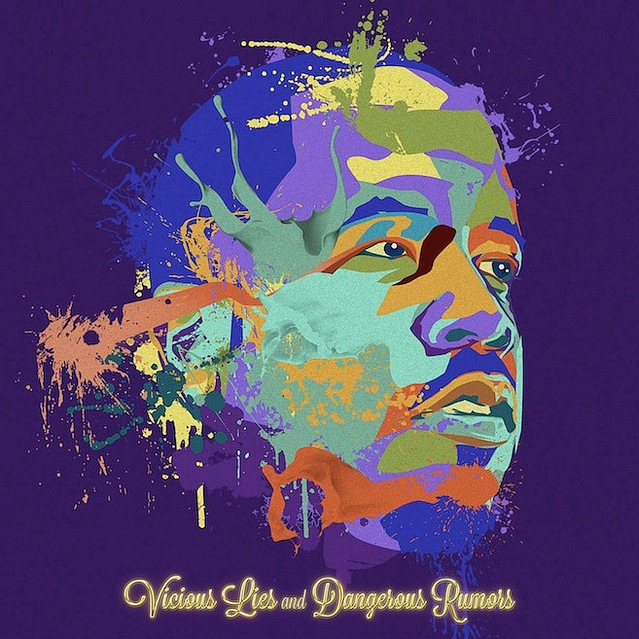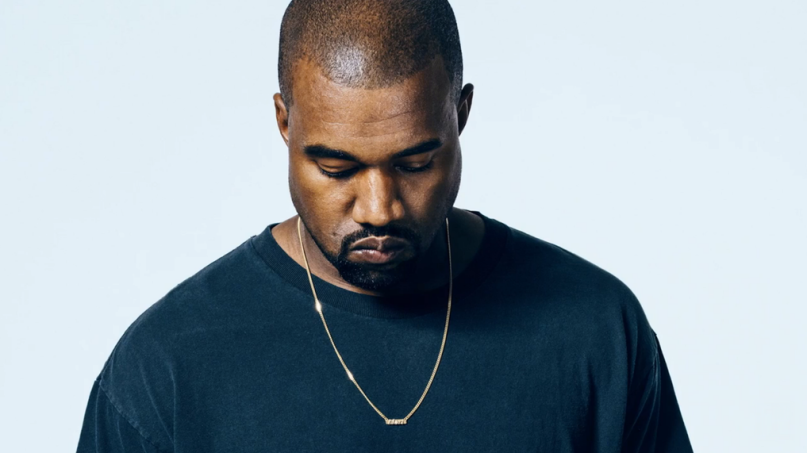
Yesterday, influential rapper Kid Cudi shocked fans, followers and the hip-hop community by announcing his decision to check into rehab for “depression and suicidal urges”.
“I am not at peace. I haven’t been since you’ve known me… I deserve peace.” There are many words to describe Cudi’s decision; brave, ballsy, authentic, to name just a few. Context is key in this situation. Though several rappers have used music to address their inner-demons – Biggie, Kendrick and Earl Sweatshirt spring to mind – it’s rare to see a rapper publicise it in plain speech. Mental illness and hip hop haven’t always been strange bedfellows. For example, in a 1995 interview Biggie Smalls retracted assumptions that he had openly expressed suicidal desires on his debut record, Ready to Die. Instead, the legendary New York MC said the majority of his lyrics were just “the weed talking.”
“All that suicidal thoughts shit, all that little extra shit that n*ggas ain’t really supposed to be talking about, that was the weed, man.” Being open about mental health is traditionally seen as counterintuitive to the genre’s focus of braggadocio, audacity and unbridled machismo. But since Cudi’s announcement yesterday afternoon, social media has been enveloped in a flurry of support. Fans expressed their heartfelt wishes, while contemporary artists spoke of Cudi’s staunch influence on their careers.
It’s not known where these feelings come from or how they developed; there’s often a myriad of reasons. In an interview with Billboard earlier this year, Cudi touched on his ongoing battles with depression. “I thought about how much of a struggle it has been the past eight years, to be in the news and pretend to be happy when, really, I was living a nightmare,” he said.
However, on his recent Facebook post Cudi says depression and anxiety had “ruled my life for as long as I can remember”. Public exposure is limited in what it reveals. Celebrity status has long distorted distinctly human characteristics. We’re all guilty of finger-wagging every time a celebrity draws publicity for indecent, or controversial behaviour. Think about how many times you’ve slandered Kim Kardashian – not because you know her in person – but because you see her insatiable desire for publicity as a blatant character flaw. Now think how terrified this sister, daughter, and mother was when she was held at gunpoint earlier this week.
The same goes for Kid Cudi. His most recent album, Speeding Bullet 2 Heaven was panned upon release, to the point where the memes and mockery began to criticise, not just the music, but Cudi himself. As a writer and critic, it’s easy to forget your analysis should separate the music from the artist. As an impartial bystander, it’s even easier. I can put my hand up and admit I am very much guilty of this.
The number of zeroes at the end of your pay check mean jack. We are all emotionally afflicted human beings, and just as likely to experience the scourge of mental illness and emotional compromise. Since Cudi’s announcement #YouGoodMan has been trending on Twitter. This has been an effort to encourage men (particularly black men) to open up about their mental health. The results have been astounding, with thousands of Twitter users – men and women, Kid Cudi fans and general well-wishers – speaking about similar experiences.
It’s astounding how one act of bravery can snowball and inspire others to open up. Everything surrounding Cudi’s situation seems long overdue. In almost every country, men continue to account for a disproportionate percentage of the suicide rate. The idea of having to “man up” is as useless as it is grossly anachronistic. The fact that Kid Cudi – an artist, son, brother, and father – risked his reputation to put his own emotional struggles in the public domain is the sign of a truly authentic human being.
“I feel like shit, I feel so ashamed. Im sorry.” Reads Cudi’s closing statement. This isn’t the “weed talking”, this is Scott Ramon Seguro Mescudi talking. He shouldn’t be ashamed for opening up, we should be ashamed about the unfair stigma that persists. I hope he finds the peace he’s been searching for.
- Words: Vincent Dwyer



